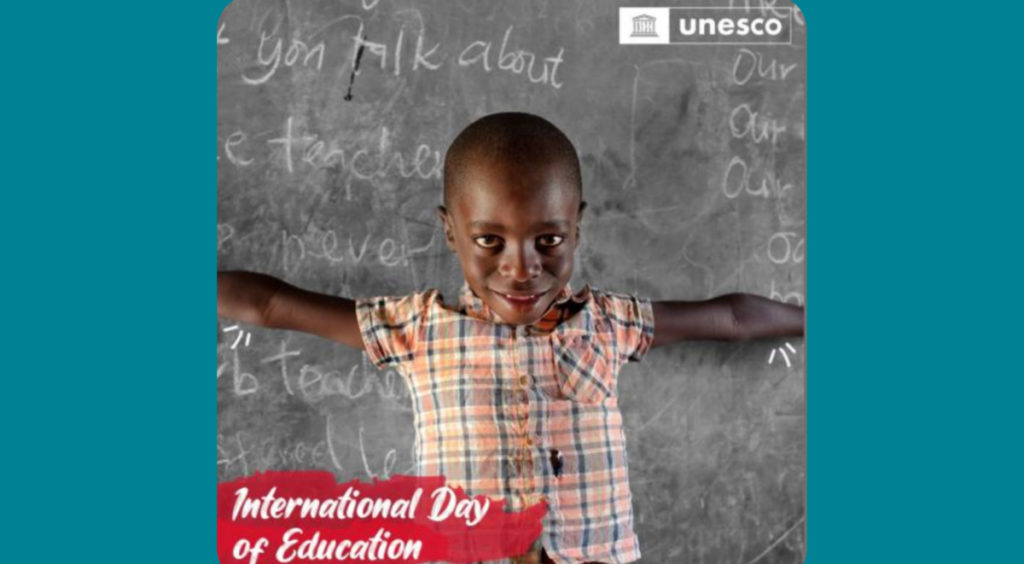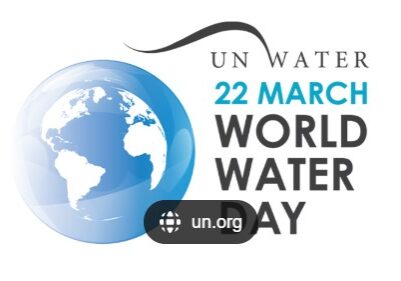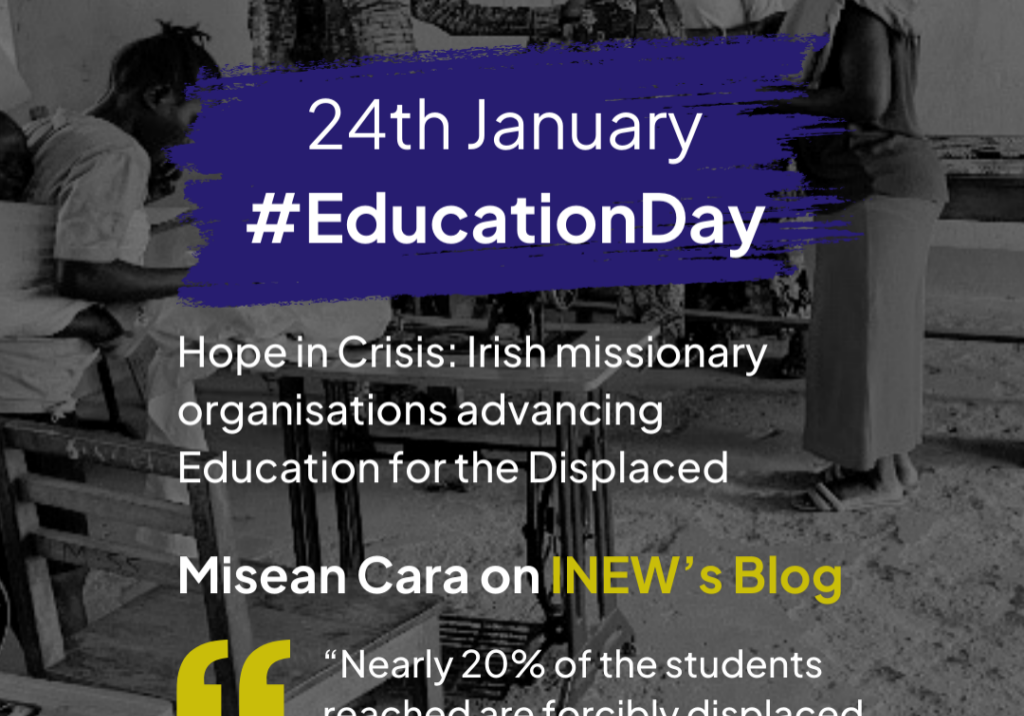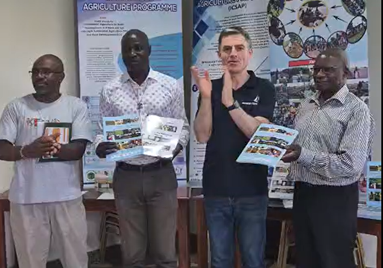This year’s International Day of Education with its theme of “Changing Course, Transforming Education”, focuses on the need to foster transformations that make sure girls and boys in every part of the world can access quality, inclusive education regardless of class, race, ethnicity, disability or legal status.

In his latest blog, Misean Cara Project Officer for Human Rights, Eamonn Casey, explores what that new global social contract will need in order to gain momentum, and how Misean Cara’s members are ready with – and in many cases have been practicing for decades – initiatives that promote education as a human right, and as an integral piece for reaching all of the UN’s 2030 Sustainable Development Goals.
By Eamonn Casey, Misean Cara Project Officer for Human Rights
The fourth International Day of Education (24th January) falls as gaping inequalities, the climate crisis and the dreadful impact of the COVID19 pandemic – all disproportionately affecting low-income countries and vulnerable groups – challenge the world to change course: to build forward better.
On this Education Day, UNESCO is calling for a A New Social Contract for Education under the banner, Changing Course – Transforming Education, to address inequalities and pull together for a more sustainable future.
This new social contract is grounded in a reaffirmed yet expanded understanding of education as a human right, a public endeavour, and a common good. It calls for pedagogies of solidarity and cooperation (with teachers at their heart) that treasure diversity and pluralism. It notes the requirement for scientific and digital literacies to counter the spread of misinformation and divisiveness; and to redefine mankind’s relationship with the planet.
The Irish Forum for Global Education, of which Misean Cara is a member, has welcomed UNESCO’s call, and urged a broad public dialogue (including teachers, students, and other stakeholders) on how such transformation can be achieved – in line with the Right to Education and SDG4, on ensuring inclusive and equitable quality education for all.
This UNESCO call has strong echoes of Pope Francis’s call in October 2020 – reflecting on the dreadful impact of the COVID19 pandemic, adding more than 10 million children to the 250 million already out of school – for a new Global Compact on Education.
In that, Pope Francis called for a new integral and participatory education system, transformational in culture and processes, to serve the world, which would lead future generations to pay attention to “grave social injustices, violations of rights, terrible forms of poverty, and the waste of human lives.”
Pope Francis’s vision for this Global Compact included: putting people, in all their human value and dignity, at the centre of education; listening to children and young people; encouraging the education of women; valuing families as key educators; having a special focus on “the most vulnerable and marginalised”; preserving the environment; and having education generate new concepts of economics, politics, growth and progress that serve everyone “within the context of an integral ecology”.
UNESCO welcomed the launch of the Pope’s Global Education Compact in 2020, Director-General Audrey Azoulay noting how “its goals reflect our own”.
Misean Cara members pride themselves on the accessibility, inclusion, quality, holistic nature, and transformational value of their education initiatives, while also contributing to awareness, capacity development, system strengthening, social accountability and policy advocacy in support of the Right to Education.
Our members also practise a Missionary Approach to Development Interventions (MADI) that correlates strongly with the SDG’s principle to Leave No One Behind (and the related imperative to Reach the Furthest Behind First). This can be seen particularly in the Six As Approach (Assess, Analyse, Accompany, Address, Advocate and Adapt) to ensuring that educational programmes are inclusive and equitable quality for marginalised communities and groups.
For example, the Marist Fathers work with Burmese migrants in Thailand who cannot access state education due to language and legal barriers, and who live in fear that they may they be deported.
In Northern Sri Lanka, the Salesians Sisters and De La Salle Brothers support education in Tamil areas for a population group long affected by war.
The COVID-19 pandemic has again highlighted key weaknesses in education globally – particularly around inequality of access to quality basic education, and critical challenges to girls’ participation and achievement – which we must address to ‘build forward better’.
As Pope Francis says: “To educate is always an act of hope, one that calls for cooperation in turning a barren and paralyzing indifference into another way of thinking that recognizes our interdependence.”


